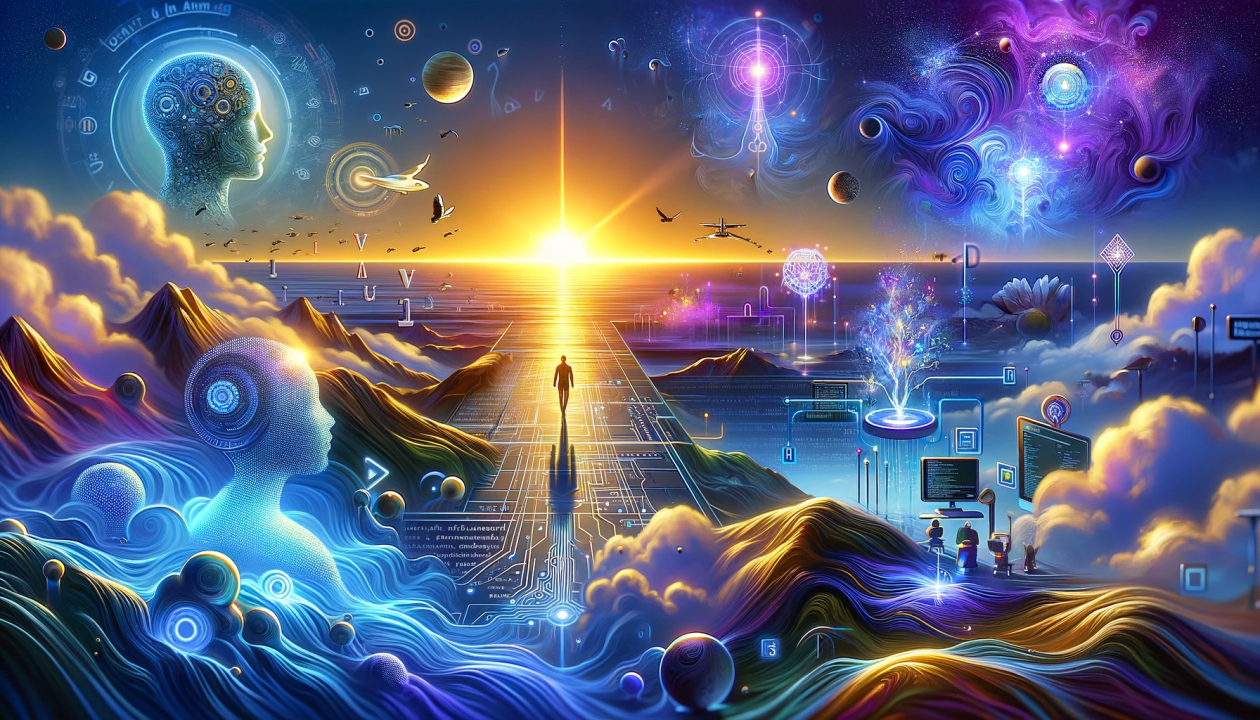Let’s not pretend there isn’t a certain thrill that comes from watching science unfold on screen — the slow unravelling of cosmic mysteries, the clink of petri dishes in a sterile lab, or the soft rumble of a rover crawling across Martian dust. In 2025, Amazon TV (yes, the giant, ever-expanding library we never finish browsing) has become an unexpected home for some of the most intriguing science documentaries on offer. Documentaries that aren’t just informative. They’re electric. They’re uncomfortable. Sometimes even poetic.
This isn’t just a list. It’s a map of awe.
So, fasten your curiosity belt. Here’s a raw, winding, unexpected look at the top five science documentaries streaming on Amazon TV in 2025, with enough variety in style, rhythm, and structure to make this read feel like someone sat across from you, espresso in hand, raving about how science has never looked this good.

Photo by Alex Moersen
1. The Quantum Revolution: Smaller Than Small, Bigger Than Everything
You blink and something changes. Or it doesn’t. But you looked, so now it has. Welcome to the world of quantum physics.
This documentary doesn’t play by the rules, much like the quantum particles it attempts to explain. The narrator? A quiet but commanding voice, more whisper than boom, pulling you through the double-slit experiment, quantum entanglement, and Schrödinger’s infamous feline with a kind of reverent mischief.
Produced in partnership with CERN and MIT, The Quantum Revolution includes interviews with 12 Nobel laureates. That’s not a flex. It’s just… overwhelming. At times, deliberately.
According to internal Amazon TV viewer metrics, it’s been streamed over 7.2 million times globally since January 2025, making it the most-watched science documentary on the platform this year.
Not bad for a genre that often gets labelled “too complex for the average viewer,” right?
Best watched alone, at night, when your mind is most vulnerable to big thoughts.
2. Good Night Oppy: One Small Robot, One Giant Heartbeat
Yes, it’s about a robot. But don’t expect cold steel and distant narration.
This is emotion. Memory. Dust. Tenacity in the face of entropy.
Originally released as a cinematic feature and later picked up by Amazon TV due to surging demand, Good Night Oppy tells the story of NASA’s Mars Exploration Rover, Opportunity. It was built for 90 days. It lasted over 5,000.
That’s not the story, though. The story is how dozens — hundreds, even — of engineers, programmers, and scientists grew to love it. Speak to it. Care for it. It’s a science documentary, sure. But also a eulogy. A tribute. A love letter disguised as telemetry.
Angela Bassett narrates with a sincerity that doesn’t lean into sentimentality. It just is. The Guardian called it “the first science doc in a decade that made hardened physicists cry.”
By March 2025, Good Night Oppy had earned a 92% audience score on Amazon TV, and was among the top 10 most recommended science documentaries by STEM educators in North America.
You’ll cry. Or maybe you won’t. But you’ll never look at Mars the same way.
Keep in mind that regional restrictions have reached documentaries as well. If necessary, you should use VPN for Fire TV. If you activate Fire TV VPN or VPN apps for your other devices, you can unblock almost any content on streaming platforms. It’s safe, simple, and legal.
3. Wild Frontiers: Earth’s Last Roars
This one’s got teeth. And wings. And spores. And frostbitten silence that stretches longer than some people’s patience for documentaries. But oh, it’s worth it.
Wild Frontiers is not just pretty. It’s merciless.
Filmed over six years across 38 countries, using over 300 ultra-high-definition cameras (some the size of your thumbnail), this nature-focused science doc is perhaps more about ecology than pure physics or tech. But don’t be fooled — it’s heavy science, elegantly cloaked in poetic visuals.
You get migratory patterns visualised in three-dimensional data flows. Climate fluctuation models animated in real-time across tundras and jungles. And an entire episode narrated entirely with minimal sound — just the ambient noise of a dying coral reef.
Is it dramatic? Absolutely. But it doesn’t lie.
Reportedly, Wild Frontiers cost over $52 million to produce, making it Amazon TV’s most expensive science documentary to date. And it shows. Viewers often report rewatching certain scenes three, four times just to catch what they missed in the visual layers.
Less popcorn, more oxygen. You’ll feel that.
4. AI: The New Frontier — It Knows You’re Watching
What happens when machines learn? More importantly — when do they learn to lie?
This doc doesn’t mess around. AI: The New Frontier explores not just how artificial intelligence is reshaping our present, but how it’s nudging at the metaphysical edge of consciousness itself. It blends interviews, simulations, and eerie “reconstructions” of AI thought processes — sometimes voiced, sometimes visualised.
We’re not talking about chatbots. We’re talking about neural language patterns forming self-organising principles that resemble — frighteningly — human reasoning.
And ethics? It asks, over and over again: “If you create something smarter than you, are you still in charge?”
The episode “The AI That Paints” features an AI system trained on Rembrandt, Basquiat, and bio-surveillance data — simultaneously. The outcome: art that can be analysed for national security threats. Creeped out? You should be.
With a 4.8/5 rating across over 200,000 Amazon TV user reviews, this one isn’t just admired — it’s debated.
Don’t just watch it. Talk about it. Or maybe unplug your smart speaker first.

Image Source – https://www.linkedin.com/pulse/ai-navigating-new-frontier-intelligence-ronan-gaeti-x0umf
5. The Code of Life: CRISPR and the Future of Flesh
Is it ethical to design your children? What about eliminating hereditary disease? What about… giving someone blue skin?
The Code of Life takes a deep, sometimes disturbing dive into CRISPR-Cas9 and gene editing’s global spread. From rice paddies in Bangladesh to underground biotech startups in Berlin, the documentary unearths the stories of those on the frontlines of human genetic engineering.
It doesn’t spoon-feed conclusions. It leaves you dangling.
You meet real people: a mother editing the genome of her unborn child to prevent sickle cell. A college biohacker who implanted a fluorescent gene into his skin — with a $22 mail-order kit. A Silicon Valley investor building “bio-malls.”
Statistically, interest in CRISPR has grown nearly 300% in public Google Trends data between 2020 and 2025, and this doc does an excellent job explaining why.
Also: no narrator. Only the subjects. It’s jarring. Purposefully.
You’ll want to pause. A lot. Think. Question your comfort zone.
Final Thoughts: Science Isn’t a Subject — It’s a Lens
Amazon TV in 2025 has stepped out of the shadows of entertainment and emerged as an unlikely champion of science documentaries that challenge, unnerve, and enlighten.
These aren’t “science class” films. They’re cinematic philosophies. Each of these five doesn’t just report science — it embodies it. With data. With art. With grit. With weirdness. With quiet and chaos, both.
Whether you’re studying physics, at high school, or just someone who hasn’t thought about the periodic table in twenty years, the magic lies in this: you’ll learn something, and not even notice you’re learning.
So if you’re going to binge something this weekend? Maybe… maybe let it be one of these. And if your brain feels a little scrambled after? That’s just science doing its job.
